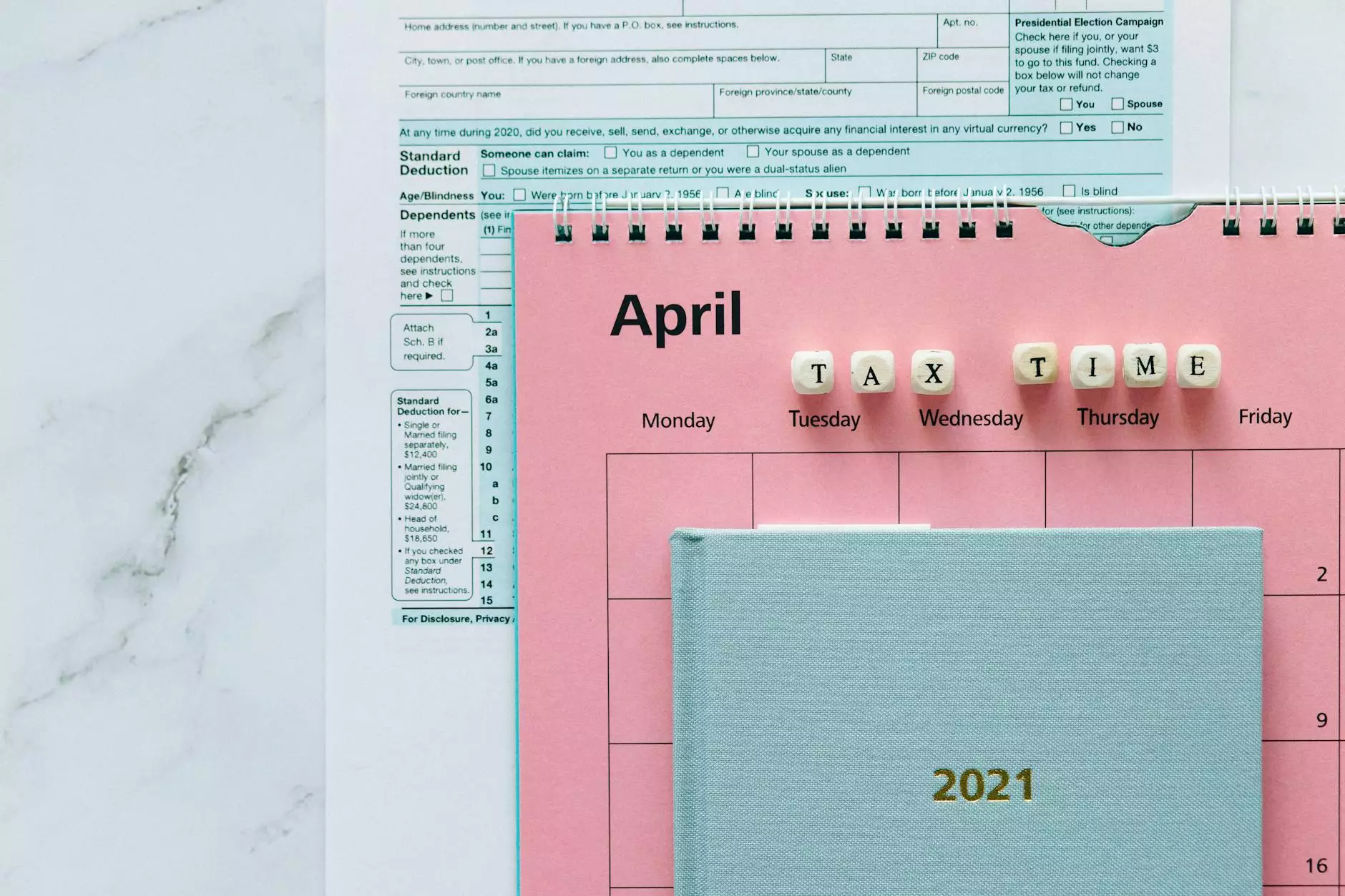GoPets, Ltd v. Hise: Ninth Circuit Clarifies “Registration”
Virginia Lawyer
Introduction
Welcome to Richardson Law Firm PC's comprehensive coverage of the GoPets, Ltd v. Hise case in the Ninth Circuit. In this landmark case, the court provides valuable clarification on the term "registration" in relation to anticybersquatting laws and consumer protection. Our expert team of attorneys is dedicated to keeping you informed about the latest developments in the field of intellectual property law.
Understanding the Case
The case of GoPets, Ltd v. Hise involves a dispute between GoPets, Ltd, a renowned online gaming company, and a domain name registrant, Mr. John Hise. GoPets, Ltd alleged that Mr. Hise, by registering the domain name gopets.com, engaged in cybersquatting and infringed upon their trademark rights.
At the core of the dispute was the interpretation of the term "registration" under the Anticybersquatting Consumer Protection Act (ACPA). The ACPA aims to protect trademark owners from bad faith registration and use of domain names that confuse consumers or dilute their brand identity.
The Ninth Circuit's Clarification
In this case, the Ninth Circuit clarified the meaning of "registration" by examining the legislative intent behind the ACPA. The court emphasized that the act focuses on the registrant's intent and the domain name's use, rather than mere technical registration.
The court held that a registrant must have some intent to use the domain name in an infringing or bad faith manner at the time of acquiring it. Additionally, the court highlighted that actual use of the domain name is not a prerequisite for establishing ACPA liability, but the registrant must demonstrate some plans or preparations to use the domain name in a way infringing upon the rights of a trademark holder.
Implications of the Ninth Circuit's Ruling
The Ninth Circuit's ruling provides valuable guidance to trademark owners and domain name registrants alike. It ensures that the mere act of registering a domain name is not sufficient to establish a violation of the ACPA. Instead, the focus is on the registrant's intent and the potential harm caused to the trademark owner.
This decision enables trademark holders to protect their rights more effectively while ensuring that lawful domain name registrants are not unfairly targeted. It encourages a balanced approach that safeguards both intellectual property interests and the rights of legitimate domain name owners.
Expert Legal Services at Richardson Law Firm PC
At Richardson Law Firm PC, we understand the complexities surrounding intellectual property law and are committed to providing expert legal services to our clients. With our in-depth knowledge of the GoPets, Ltd v. Hise case and the Ninth Circuit's clarification on the term "registration," we can help you navigate the intricacies of anticybersquatting and consumer protection laws.
Our team of experienced attorneys specializes in representing trademark owners, domain name registrants, and individuals involved in intellectual property disputes. We have a track record of success in handling cases related to cybersquatting, trademark infringement, and brand protection.
Contact Richardson Law Firm PC
If you are seeking legal advice or representation in matters related to anticybersquatting or consumer protection laws, we are here to assist you. Contact Richardson Law Firm PC today to schedule a consultation with one of our skilled attorneys. Let us help you protect your intellectual property rights and explore the legal remedies available to you.




